The RSPCA and Cats Protection have call for the phase-out of cat cafés in the UK, citing rising animal welfare concerns.
The call comes amid a 44% increase in licences granted for cat cafés in the past financial year, with more than 30 such establishments now operating in England.
Animal welfare experts argue the rising number of cat cafés, many of which are operating with unclear regulatory oversight, presents a growing risk to the well-being of the cats involved.
RSPCA cat welfare expert Alice Potter said: “We adore cats and so we understand the appeal of cat cafés.
“However, whilst cats, cake and coffee might be a happy combination for people, for the cats living 24/7 in these cafés it is likely to be a very different story.
“We don’t believe these environments can consistently provide cats with a good quality of life and are hugely concerned that many cats will be unhappy as a result.”
However, Lauren Pears, owner of Lady Dinah’s Cat Emporium in Bethnal Green, the UK’s longest-running cat café, refuted those claims.
She said that while they are not a rescue organisation themselves, their business operates with the well-being of the cats as a top priority.
Pears said: “I think there is an important distinction because some cat cafés never rehome their cats.
“We have a slower turnover because it would be very stressful for cars to have a high churn in a cat café environment.
“I think the question of whether you can adequately provide for a cat’s needs is really valid because if a cat has reduced mobility, reduced vision or reduced hearing, being in a cat café is definitely a welfare concern because it is quite a busy space.
“But if a cat is well and enjoys the company of people and other cats, I would say that’s better than being in a cage in a shelter awaiting adoption.”
Figures obtained through a freedom of information (FOI) request revealed a spike in cat café licenses granted by local authorities across the country.
Both the RSCPA and Cats Protection fear the number of licensed cafés may only represent a fraction of the actual number, as some cafés may be operating without any form of regulatory inspection due to ambiguous legislation.
Currently, cat cafés in the UK are licensed under the same regulations as businesses that keep animals for exhibition purposes, but there is no specific licence category for cat cafés.
Cats Protection central behaviour officer Daniel Warren-Cummings said: “Although many cat café owners start their enterprise out of a desire to help unwanted cats, they will ultimately commit themselves to having high numbers of cats to meet consumer demand, which makes it difficult to run these businesses in a way that truly protects cat welfare.”
Whiskers and Cream owner Kay Allen, who opened her cat café in Upper Holloway in 2018, explained that they are committed to maintaining a high standard of care for the cats in their café.
This includes providing access to high-quality food, regular veterinary checks, and enriched environments.
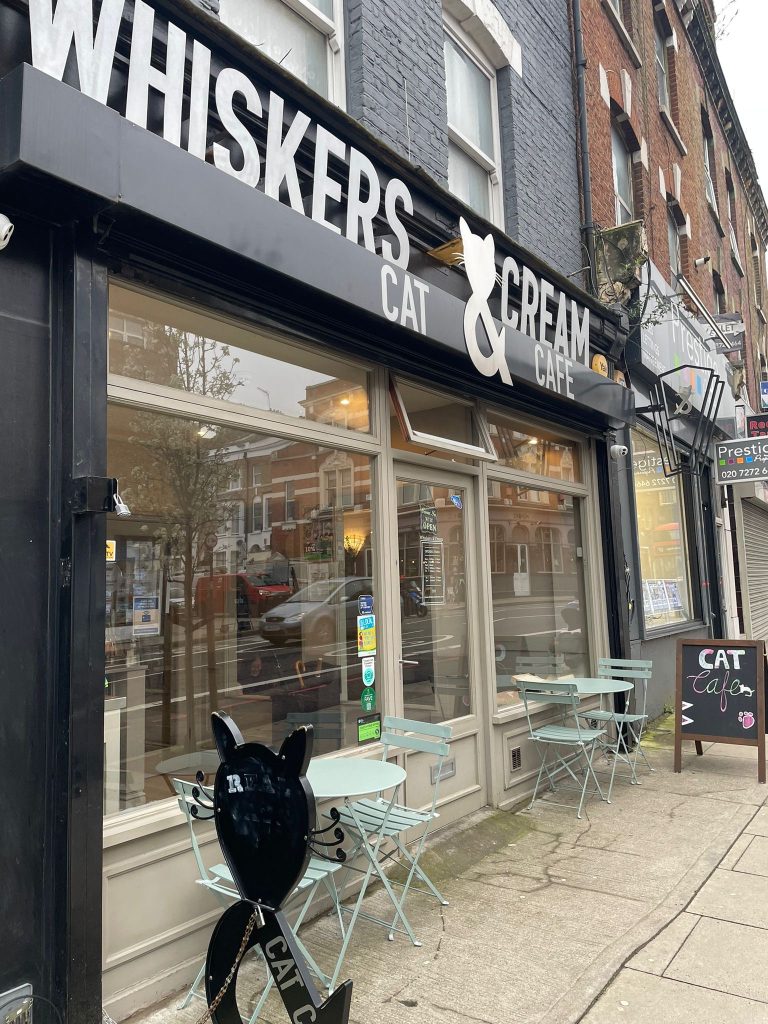
Allen said: “There is an over-generalisation and the nuances are different and if the cats aren’t happy, I remove them, but that doesn’t happen very often.
“There is a room if the cats want to get away from people, but you never find them going in there.”
She also disputed the idea cat cafés should be banned outright.
Allen said: “I think the issue more is if there are places that aren’t inspected, then that’s what needs to be dealt with.”
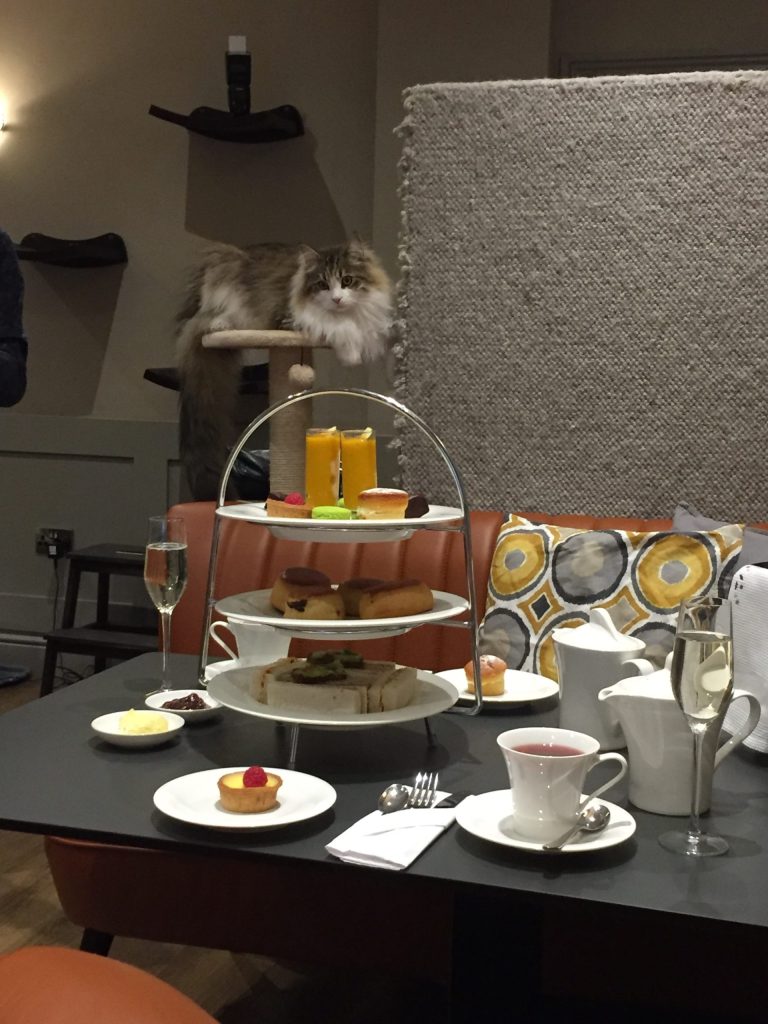
Pears echoed this by supporting additional regulation.
She said: “There is more nuance to the situation, which is why I’m very supportive of additional regulation or oversight.”
Despite the ongoing debate over animal welfare, the cat café industry faces significant financial pressures.
Pears explained running a cat café is more challenging than it appears amid rising rents as extra operational expenditures such as requiring a dedicated staff to manage the cats, food costs and veterinary costs.
She said: “I think the big question mark for me with cat cafes is that as it becomes increasingly challenging for small businesses to operate, choices have to be made and there can’t be animal welfare sacrifices in those choices.
“I’m worried about struggling cat cafés because I think that’s where issues could occur.”
Pears and Allen both agreed the café industry faces an uncertain future, with many cafés closing within a few years of opening.
Whether the UK will see a phase-out on cat cafés or a shift towards stricter regulations, however, remains to be seen.
Feature image credit: Free to use from Unsplash
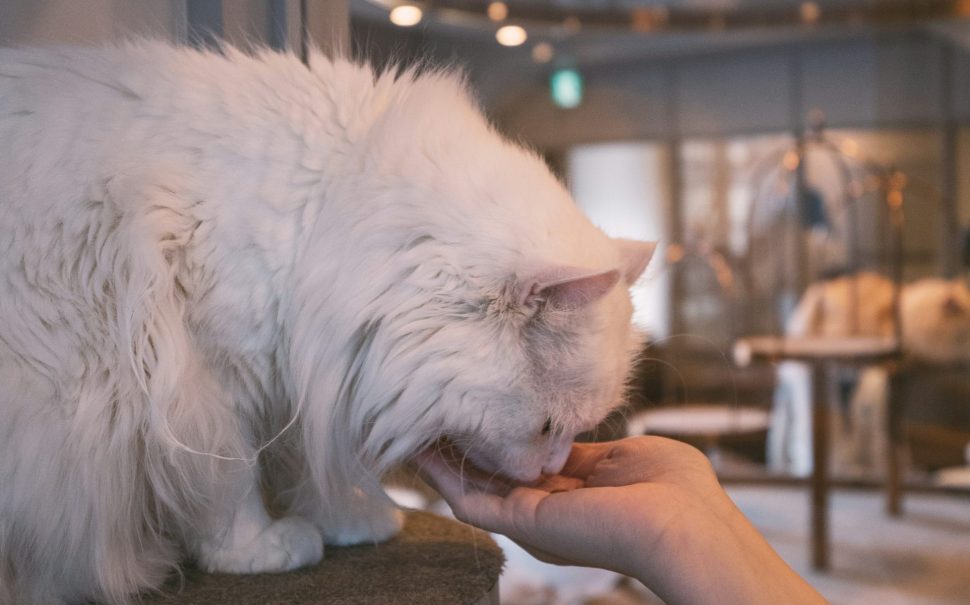

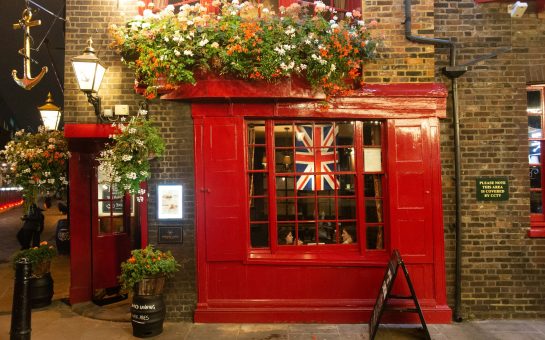
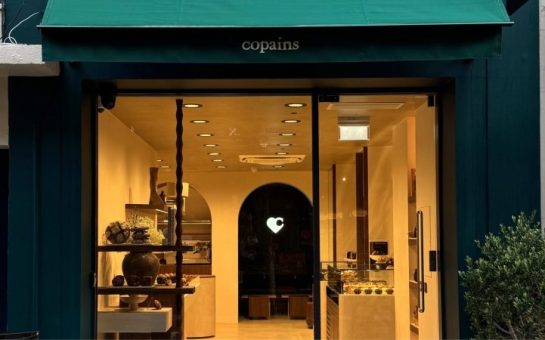

Join the discussion